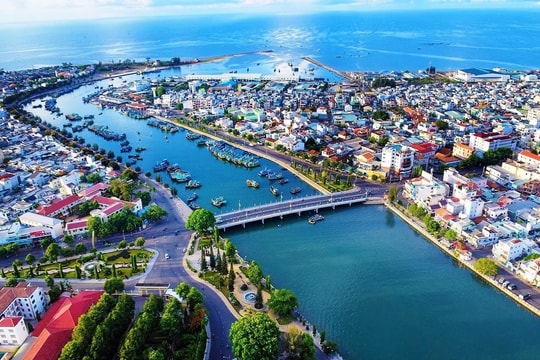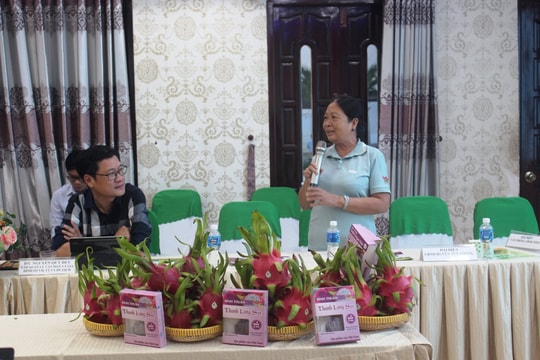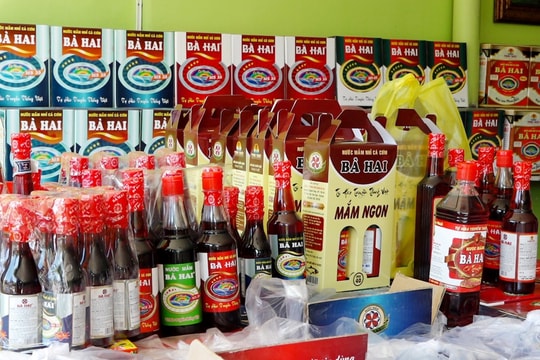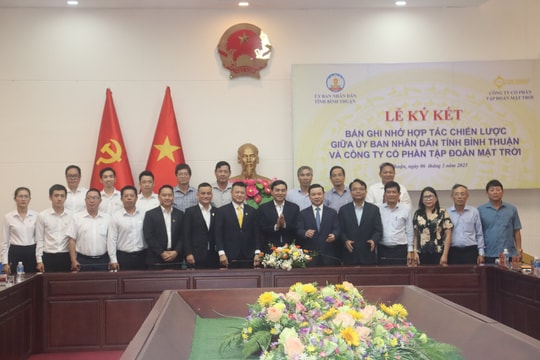 |
Containers transporting agricultural products to China via Kim Thanh
International Border Gate No 2. (Photo: VNA)
Vietnam’s trade slumped in April because of COVID-19 after posting positive
growth in the first three months of this year.
Statistics showed Vietnam’s export revenue last month dropped by 18.4 percent
against March to 197 billion USD, a 3.5 percent decrease over the same period
last year.
Vietnam saw declines in April to all major export markets including ASEAN which
was down 20 percent against March, China by 2.9 percent, Japan by 9.3 percent,
the Republic of Korea 13.7 percent, Europe by 28.6 percent and the US 24.1
percent.
The Ministry of Industry and Trade predicted the impact of the pandemic would be
more apparent in the second quarter of this year because from mid-March the US,
EU and Japan were hit hard by the virus.
According to the ministry, COVID-19 affected Vietnam’s export in five main ways.
The first was a sharp drop in demand for goods. Since March, when the disease
had a serious global effect, measures were taken to control the spread.
Many import partners postponed planned orders for April and May and had not
begun negotiations for orders from June onwards.
Other aspects were restrictions in trade exchanges, slowness in customs
clearance due to quarantine requirements and cancellations which put companies
under a lot of pressure.
Falling prices also negatively affected Vietnam’s export. For example, cashew
prices fell by 12.9 percent, coffee by 2.2 percent, tea by 13.1 percent, pepper
by 19 percent, crude oil by 77.3 percent.
Hai said that moving online is crucial for Vietnam to seek new partners and
accelerate exports.
In addition, focus would be placed on removing difficulties to facilitate trade
with China.
Regarding long-term solutions, the ministry will develop a trade database to
improve trade connectivity.
The ministry is also hastening the procedures for the approval of the EU-Vietnam
Free Trade Agreement (EVFTA) as well as issuance of instructions for
implementing the trade deal effectively.
At the same time, administrative and customs procedures would be further
simplified to create favourable conditions for trade, Hai said.
Source: VNA












.jpg)




.jpeg)

.jpeg)


.jpeg)









